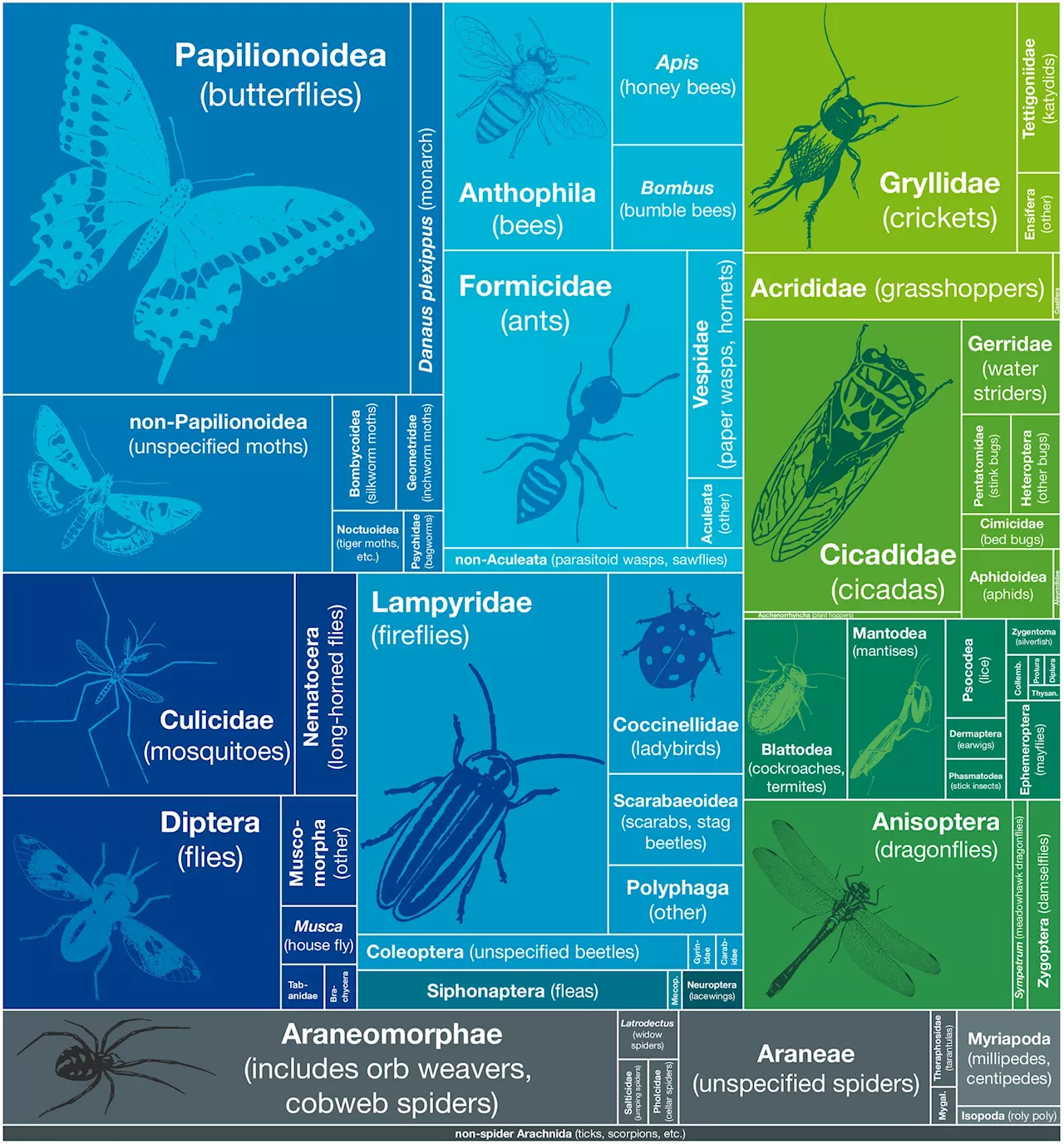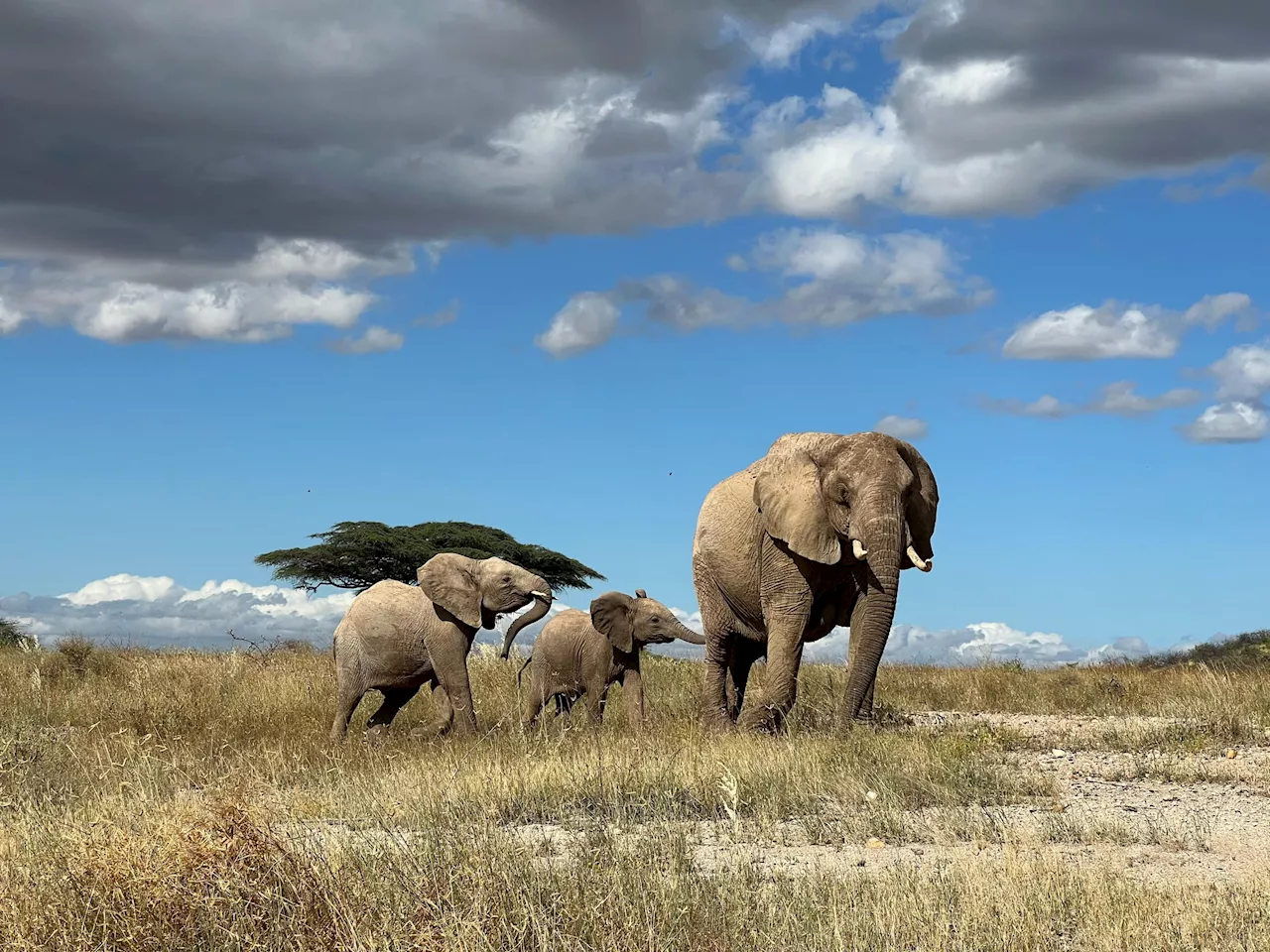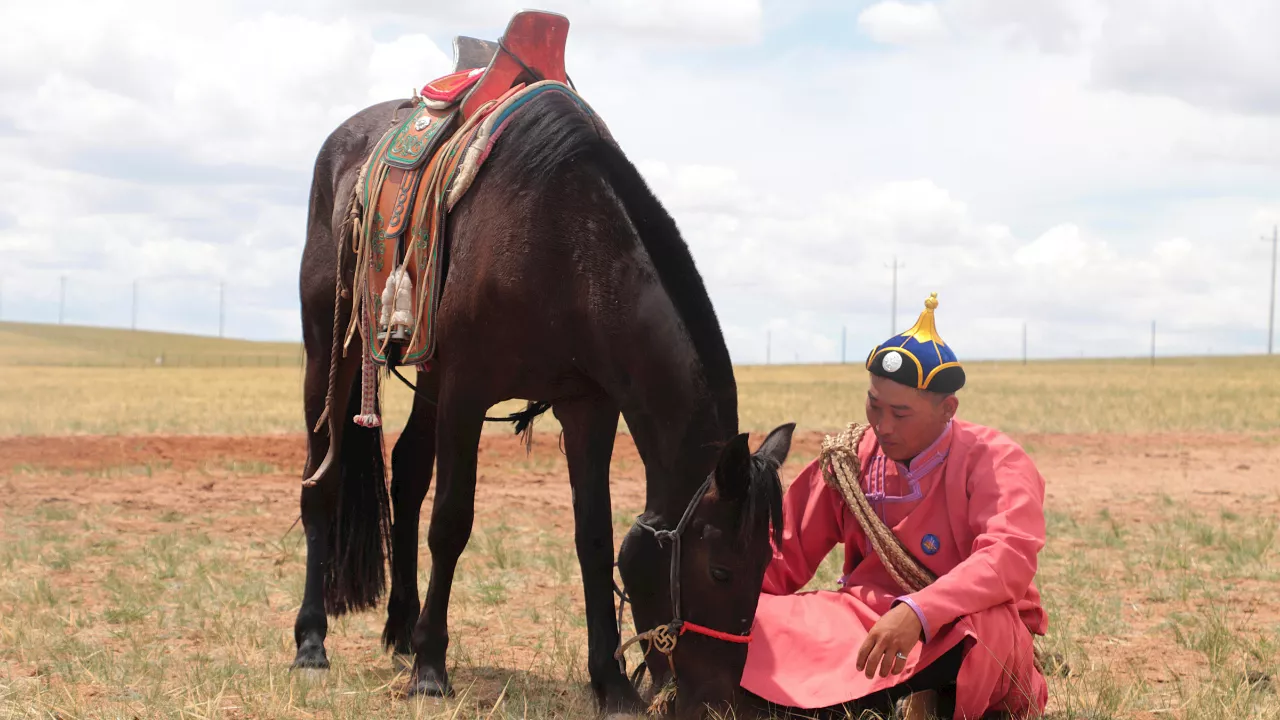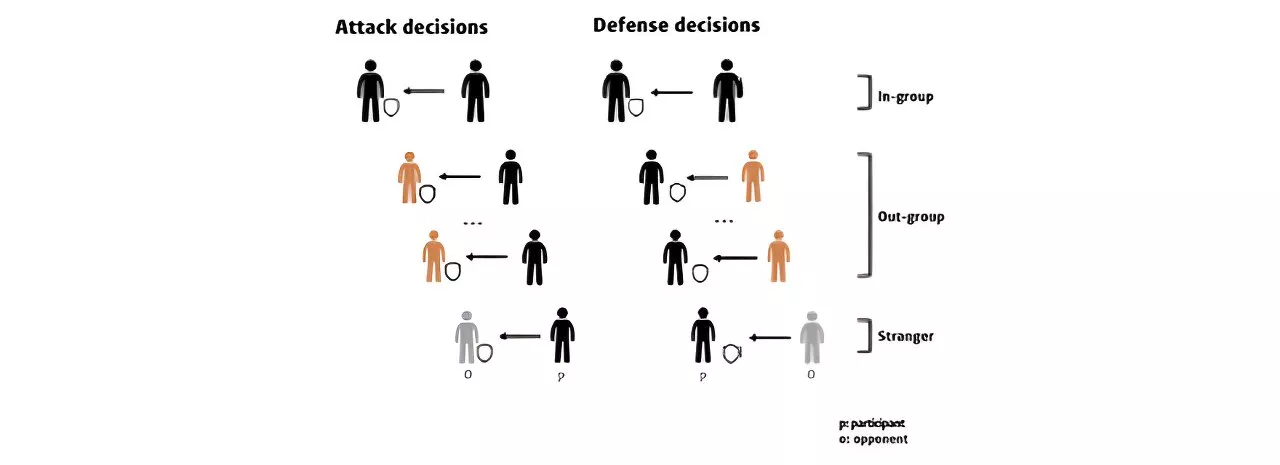Humans not only cooperate, but also compete more with in-group members than with out-group members and strangers, a new cross-country social-psychological study shows. This 'nasty neighbor effect' came as a complete surprise to the researchers, until they started delving into animal studies. The study is published in Science Advances.
Study finds motivation to compete is stronger with in-group members than with outsiders retrieved 28 June 2024 from https://phys.org/news/2024-06-stronger-group-members-outsiders.html
This document is subject to copyright. Apart from any fair dealing for the purpose of private study or research, no part may be reproduced without the written permission. The content is provided for information purposes only.Jun 20, 2024 Use this form if you have come across a typo, inaccuracy or would like to send an edit request for the content on this page. For general inquiries, please use ourThank you for taking time to provide your feedback to the editors.
Your feedback is important to us. However, we do not guarantee individual replies due to the high volume of messages.to let the recipient know who sent the email. Neither your address nor the recipient's address will be used for any other purpose. The information you enter will appear in your e-mail message and is not retained by Phys.org in any form.Get weekly and/or daily updates delivered to your inbox.
Physics News Science News Technology News Physics Materials Nanotech Technology Science
United States Latest News, United States Headlines
Similar News:You can also read news stories similar to this one that we have collected from other news sources.
 Humans experience joint agency with purposeful robots: StudyResearchers found people feel joint agency with robots seen as intentional agents, likely due to shared sensory predictions.
Humans experience joint agency with purposeful robots: StudyResearchers found people feel joint agency with robots seen as intentional agents, likely due to shared sensory predictions.
Read more »
 Study explores how Neanderthal’s Y chromosome didn’t pass over to humansThe Neanderthal Y chromosome may have been lost due to reproductive barriers with modern humans.
Study explores how Neanderthal’s Y chromosome didn’t pass over to humansThe Neanderthal Y chromosome may have been lost due to reproductive barriers with modern humans.
Read more »
 Not only humans, plants also have problem-solving skills: StudyFlexible, real-time and adaptive responses found in plants are a kind of sign of intelligence, according to researchers.
Not only humans, plants also have problem-solving skills: StudyFlexible, real-time and adaptive responses found in plants are a kind of sign of intelligence, according to researchers.
Read more »
 Haiku poems may shine a light on humans' relationship with insects, study suggestsHaiku poems have reflected humans' experiences in nature for hundreds of years, including observations of bugs and other wildlife. Recently, Penn State researchers analyzed which insects were mentioned the most in haiku—with butterflies, fireflies and singing insects such as crickets topping the list.
Haiku poems may shine a light on humans' relationship with insects, study suggestsHaiku poems have reflected humans' experiences in nature for hundreds of years, including observations of bugs and other wildlife. Recently, Penn State researchers analyzed which insects were mentioned the most in haiku—with butterflies, fireflies and singing insects such as crickets topping the list.
Read more »
 Elephants Talk To Each Other Using Names Like Humans Do, Study FindsColorado State University researchers have found wild African elephants recognize individual calls addressed to them.
Elephants Talk To Each Other Using Names Like Humans Do, Study FindsColorado State University researchers have found wild African elephants recognize individual calls addressed to them.
Read more »
 New study reveals how humans harnessed the lineage of ancient horses, scientists sayScientists have traced the ancestry of the modern horse to a lineage that emerged 4,200 years ago and quickly became dominant across Eurasia, new research shows.
New study reveals how humans harnessed the lineage of ancient horses, scientists sayScientists have traced the ancestry of the modern horse to a lineage that emerged 4,200 years ago and quickly became dominant across Eurasia, new research shows.
Read more »
